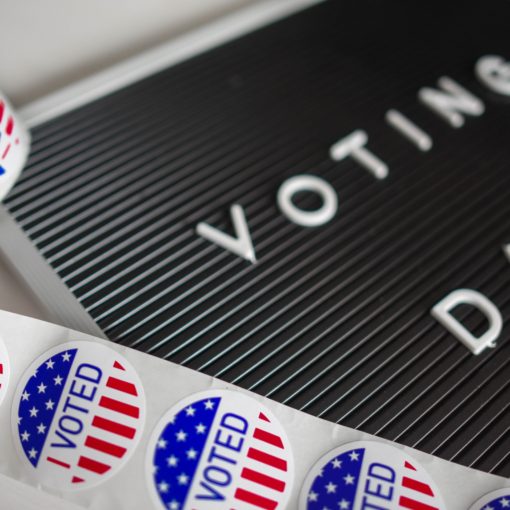Amid widespread funding struggles and a changing national workforce, education officials and stakeholders are seeking out reforms and radical new approaches to teacher retirement benefits.
Can Students Evaluate Online Sources?
In a world of “fake news,” “advertorials,” “sponsored posts,” and other potentially misleading content, the ability to properly vet social and political information online has become a vital skill. But are we properly teaching it to students?
How Will the Midterms Impact Education?
On a special edition of Research Minutes, Drew University researcher and renowned education policy expert Patrick McGuinn speaks with CPRE Director Jonathan Supovitz about the 2018 midterm elections, and what they could mean for public education.
Is Free and Reduced-Price Lunch a Valid Measure of Disadvantage?
For decades, researchers and education officials have used the National School Lunch Program as a key indicator of economic disadvantage. Now, new research suggests this indicator may not be as valid as it seems.
What Guides Today’s Pre-K Programs?
As states increasingly call for standards-based Pre-K programs, teachers and administrators often struggle to balance traditional child development practice with external standards and policies.
Higher Education Deserts
Despite a growing demand for post-secondary education in communities across the U.S., millions of residents currently live in what researchers call “higher education deserts,” areas where students have limited or no access to a public, broad-access four-year university.
Performance Assessment for Principal Licensure
For many years, new candidates for principal licensure have typically been assessed on their professional experience, education, and their performance on a written or online leadership exam. Recently, however, some states have begun exploring performance assessments for principal licensure.
Analyzing The Gates Foundation’s ‘Intensive Partnerships’ Initiative
The initiative sought to build new, comprehensive systems of teacher evaluation and connect low-income minority students with quality educators, as part of a wider effort to improve student outcomes. Despite years of effort and considerable resources, however, it ultimately fell short.
Delivering on the ‘Pittsburgh Promise’
Established in 2008 as a partnership between the City of Pittsburgh, Pittsburgh Public Schools, and the University of Pittsburgh Medical Center, The Pittsburgh Promise has since provided more than $120 million in college scholarships to eligible graduates of Pittsburgh’s public schools. But is it working?
What Research Do State Education Agencies Need?
Carrie Conaway, chief research and strategy officer for the Massachusetts Department of Elementary and Secondary Education, discusses her article on state-level research needs and provides tips for both researchers and policy makers hoping for more effective collaboration.










